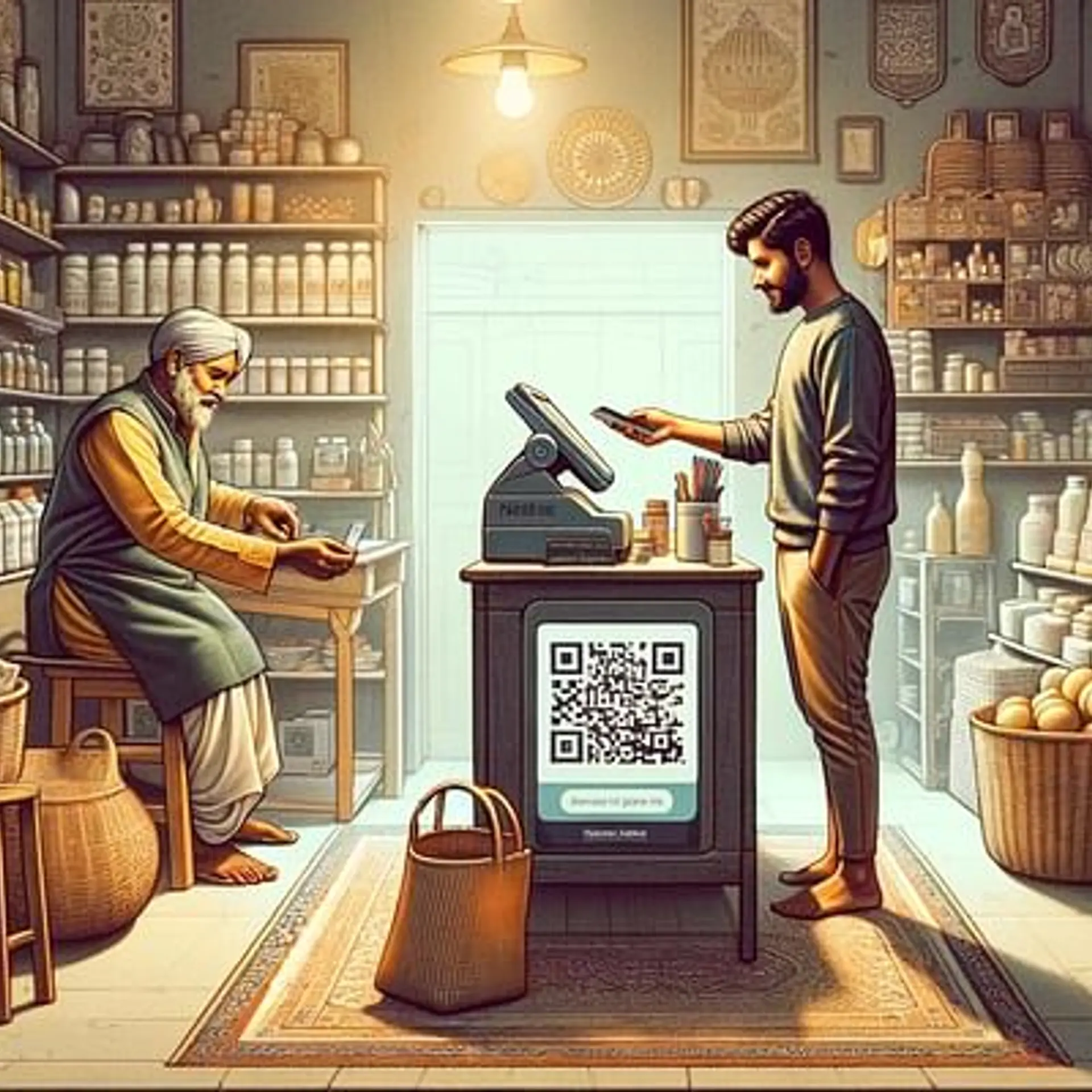5 must-read history books to understand the present
Discover five insightful history books that provide valuable lessons for understanding today’s world, shaping perspectives, and making informed decisions.
History is more than a collection of past events—it is the foundation upon which the present is built. Understanding history provides critical insights into why the world operates as it does today. Whether it's politics, economics, social movements, or global conflicts, historical knowledge equips us with the tools to interpret current events, recognise patterns, and make informed decisions.
In an era of rapid change and increasing complexity, history serves as a compass, guiding us through modern challenges by offering lessons from the past. The decisions of leaders, the evolution of societies, and the ideologies that have shaped civilisations all hold valuable clues about our present world. By immersing ourselves in historical narratives, we can develop a more nuanced understanding of current global issues, such as economic instability, geopolitical tensions, and social transformations.
The books on this list delve into pivotal moments, ideas, and forces that have shaped modern society. From the rise and fall of empires to ideological battles that continue to influence global politics, these works offer profound lessons on human nature, power, and progress. If you want to develop a deeper perspective on the present, these five history books are essential reading.
1. Sapiens: A brief history of humankind by Yuval Noah Harari
Harari’s Sapiens is a sweeping narrative of human history that explains how Homo sapiens evolved from insignificant primates into the dominant species on Earth. Covering cognitive, agricultural, and industrial revolutions, the book highlights how our beliefs, economies, and political systems have been shaped over millennia. By understanding these historical shifts, we gain insight into modern societal structures, capitalism, and globalisation.
Why read it
Harari challenges conventional wisdom and encourages readers to question the myths and constructs that shape our daily lives. From the origins of money to the impact of religion and nationalism, Sapiens provides a thought-provoking perspective on how past decisions continue to influence modern life. It is an essential read for anyone interested in anthropology, psychology, and the long-term trajectory of human civilisation.
2. Guns, Germs, and Steel: The fates of human societies by Jared Diamond
Why have some civilisations flourished while others struggled? Jared Diamond explores this question through geography, environment, and biology rather than racial or cultural superiority. This book explains how factors like agriculture, disease, and technology influenced the development of societies, offering valuable lessons on inequality and the balance of power in today's world.
Why read it
Guns, Germs, and Steel is a powerful analysis of the forces that shaped human history and the disparities that exist today. It provides a fresh perspective on why some nations became global superpowers while others were left behind. By understanding these historical patterns, readers can gain deeper insights into contemporary issues such as global economic inequality and international relations.
3. The Silk Roads: A new history of the world by Peter Frankopan
The history of civilisation is often told from a Western perspective, but Frankopan shifts the focus to the East, emphasising the importance of the Silk Roads in shaping global trade, culture, and diplomacy. By re-examining history through the lens of Asia and the Middle East, this book helps us understand the geopolitical dynamics influencing today's economic and political landscape.
Why read it
Frankopan’s work is essential for those who want to understand the true global nature of history. The book highlights how interconnected the world has always been and sheds light on the cultural and economic exchanges that have shaped modern societies. It provides valuable context for understanding current power struggles between East and West, as well as the growing influence of China and other emerging economies.
4. The Lessons of History by Will & Ariel Durant
This concise yet powerful book distils decades of historical study into key themes that repeat throughout civilisations. The Durants explore topics like war, politics, economics, and human nature, demonstrating how history's patterns can help us predict and navigate future challenges. Their wisdom provides timeless insights into governance, innovation, and social evolution.
Why read it
The Durants take a broad view of history, extracting patterns and cycles that offer profound lessons for today’s world. Whether discussing the role of war in shaping civilisations or the impact of economic forces on human progress, this book helps readers draw meaningful connections between past events and contemporary challenges. It is a must-read for those interested in philosophy, leadership, and historical trends.
5. Postwar: A history of Europe since 1945 by Tony Judt
The modern world has been profoundly shaped by the events of World War II and its aftermath. Tony Judt’s Postwar provides a comprehensive analysis of how Europe rebuilt itself politically, economically, and socially after the war. The book examines the Cold War, European integration, and the rise of new political ideologies—offering crucial context for today’s global conflicts and alliances.
Why read it
Europe’s postwar transformation provides invaluable lessons on resilience, diplomacy, and economic recovery. Judt’s meticulous research offers a detailed account of how institutions like the European Union were formed and how historical divisions continue to shape political landscapes today. For those seeking to understand modern geopolitics, Brexit, and the resurgence of nationalism, this book is an indispensable resource.
Conclusion
To understand the present, we must first understand the past. These five books offer deep insights into the forces that have shaped our world, from human evolution to political revolutions. By exploring history through these lenses, readers can develop a more informed perspective on current events, global relations, and societal progress.







